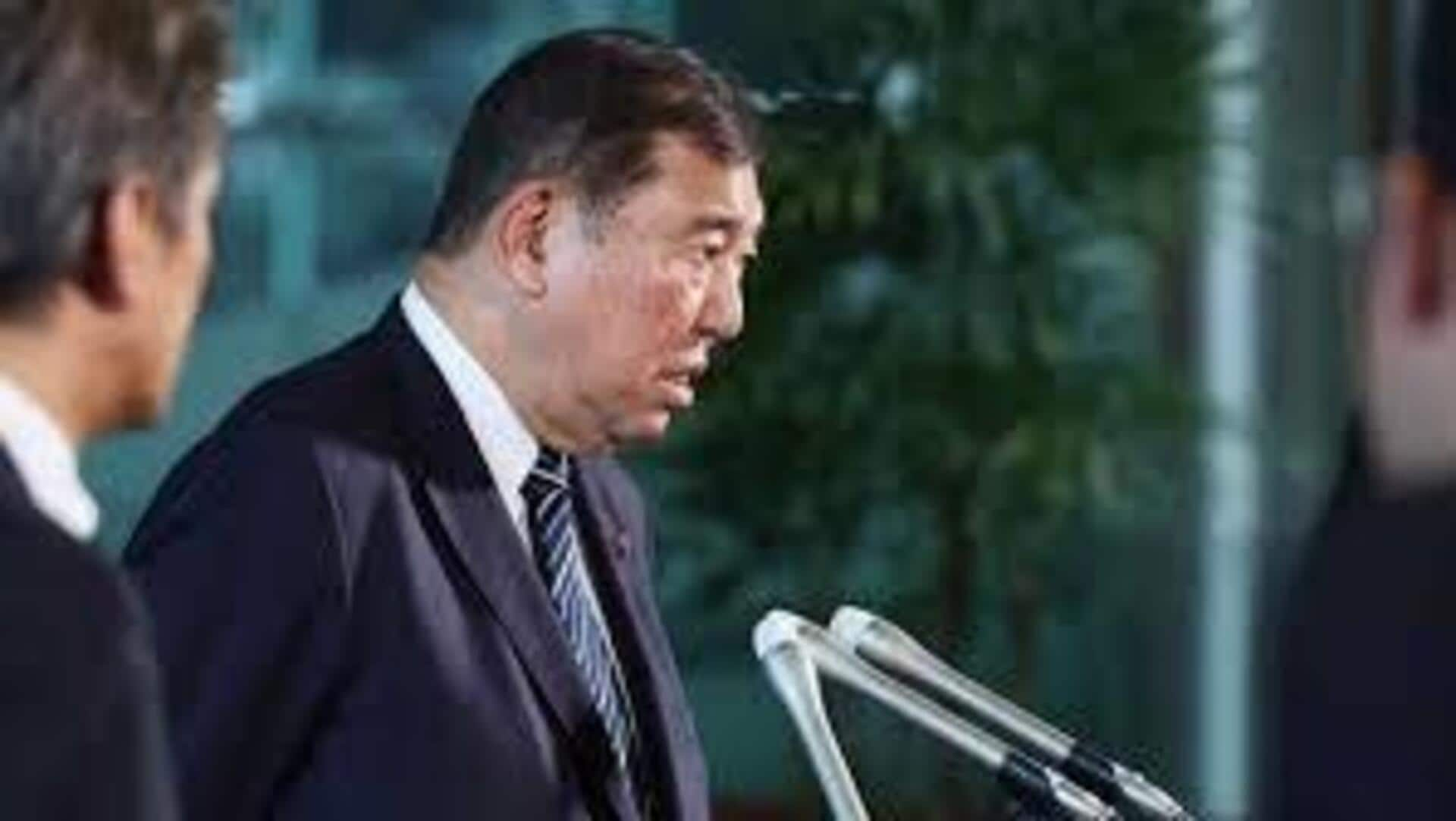
Japan's ruling coalition likely to lose majority in upper house
What's the story
Japan's ruling coalition, led by Prime Minister Shigeru Ishiba, is likely to lose its majority in the upper house. An exit poll by public broadcaster NHK predicted that Ishiba's Liberal Democratic Party (LDP) and its coalition partner Komeito would win only 32-51 of the 125 seats up for grabs in the 248-seat chamber. The election was seen as a test of Ishiba's popularity after he lost control of the lower house last October.
Voter sentiments
Cost of living, xenophobia concerns for voters
The rising cost of living, especially rice prices, was a major concern for voters. Xenophobia also influenced voting decisions, with some supporting smaller opposition parties like Sanseito, which promised to curb immigration. Yu Nagai, a 25-year-old student who voted for Sanseito, said he felt "Japanese people are a bit disrespected" due to foreign spending.
Diverse opinions
Voters' comments on election results
Yuko Tsuji, a 43-year-old consultant, voted for LDP candidates to prevent division. She said she hoped "the ruling party would tighten things up." Daiichi Nasu, a 57-year-old self-employed voter, supported the opposition Constitutional Democratic Party of Japan (CDPJ) for more inclusive policies. He wanted progress on immigration and gender issues, such as allowing married people to keep separate surnames.
Election dynamics
Over 20% registered voters voted early
Over 20% of registered voters voted early, a significant increase from previous elections, according to NHK. Ishiba announced emergency economic measures in April to mitigate the impact of US tariffs on Japanese exports. The country is still trying to negotiate with US President Donald Trump before a new deadline on August 1.
Political backdrop
Ishiba became prime minister in September 2024
Ishiba became prime minister in his fifth attempt in September 2024, becoming the third leader since Shinzo Abe resigned. Ishiba called for snap elections scheduled in late October the same year, in which his coalition won just 209 seats in the lower house of parliament, down from the 279 it previously held. Abe was assassinated in July 2022, exposing ties between his LDP and the Unification Church. The LDP has ruled Japan almost continuously since 1955 with frequent leadership changes.